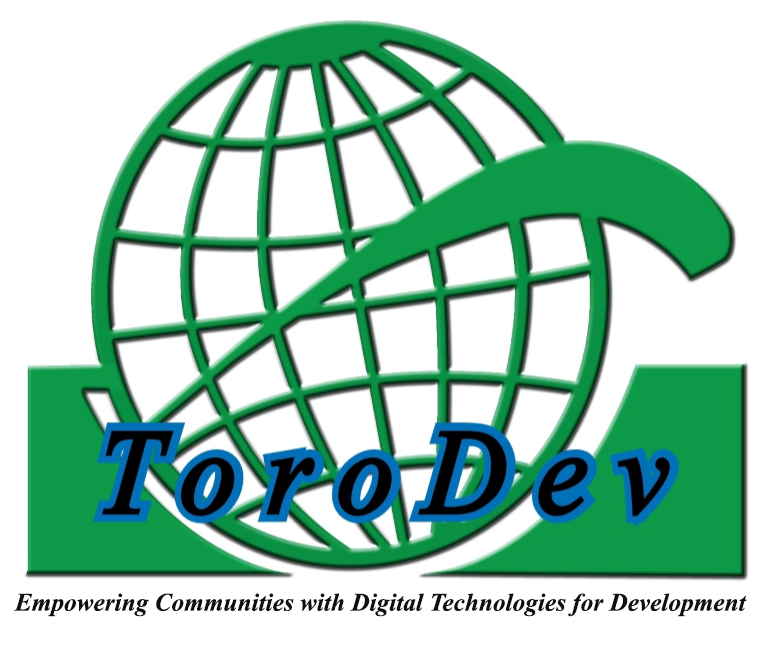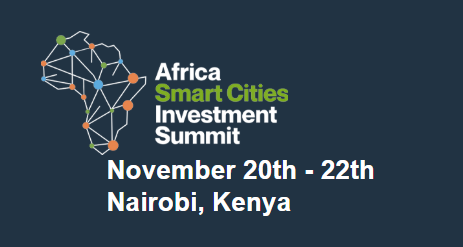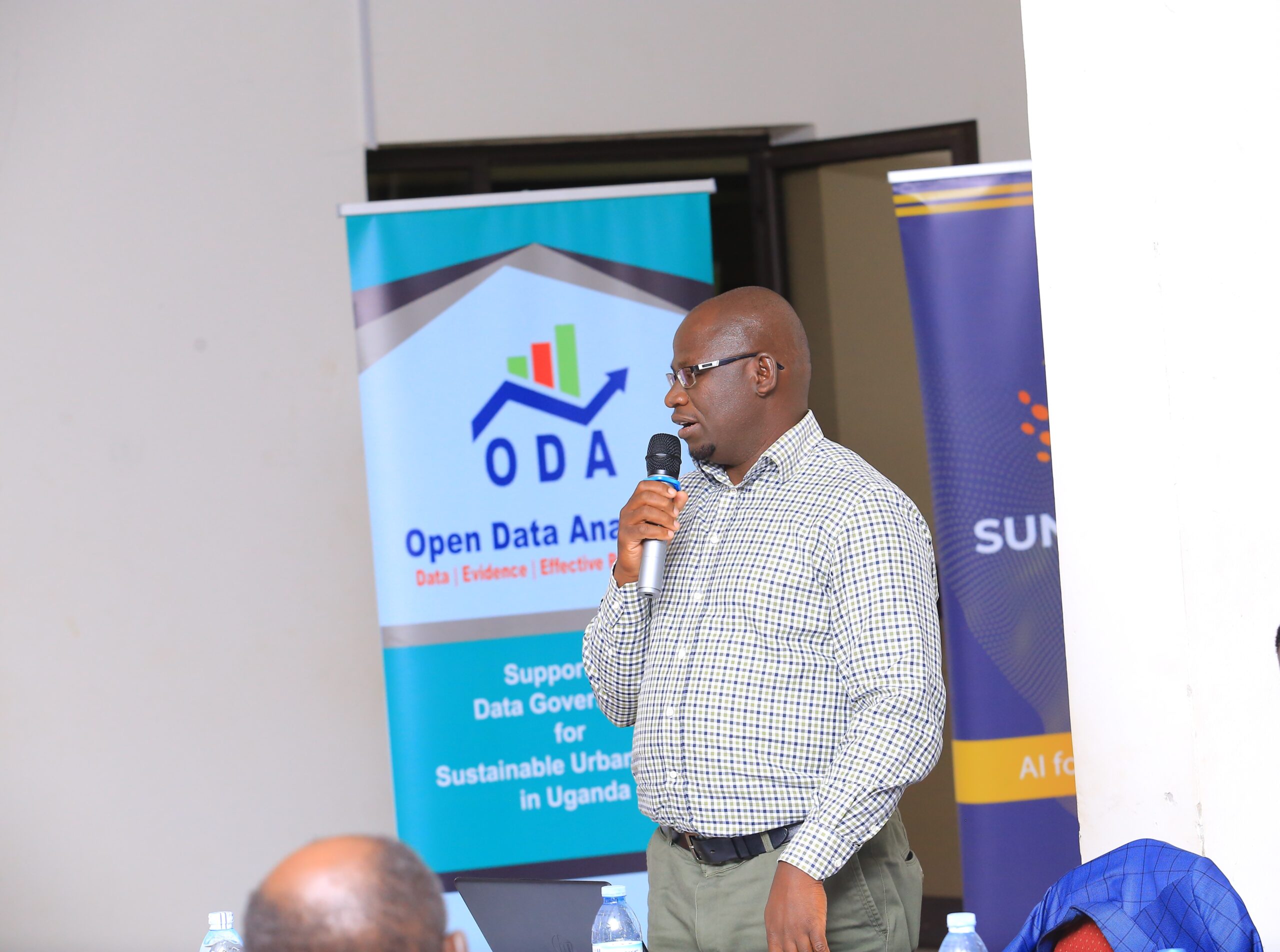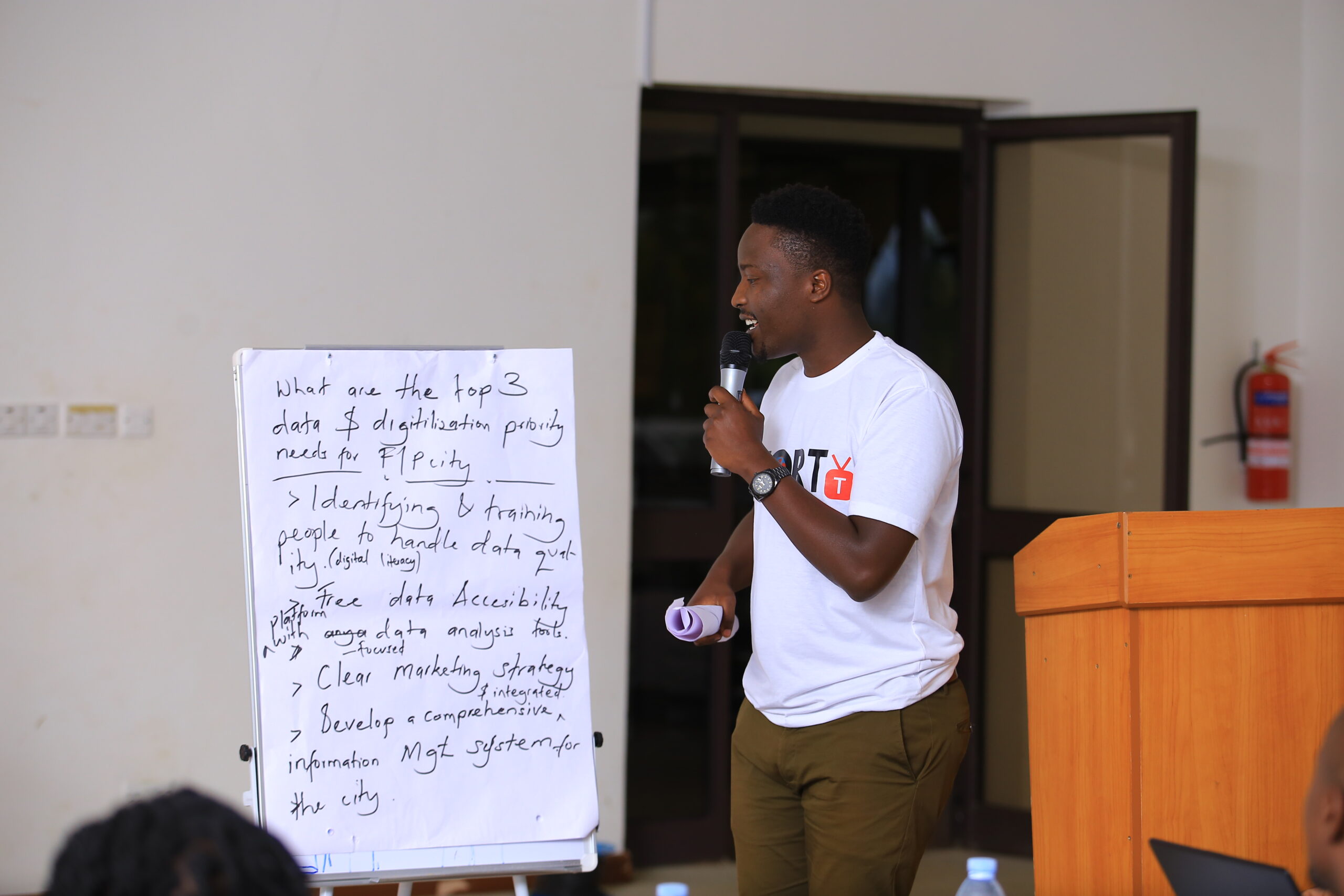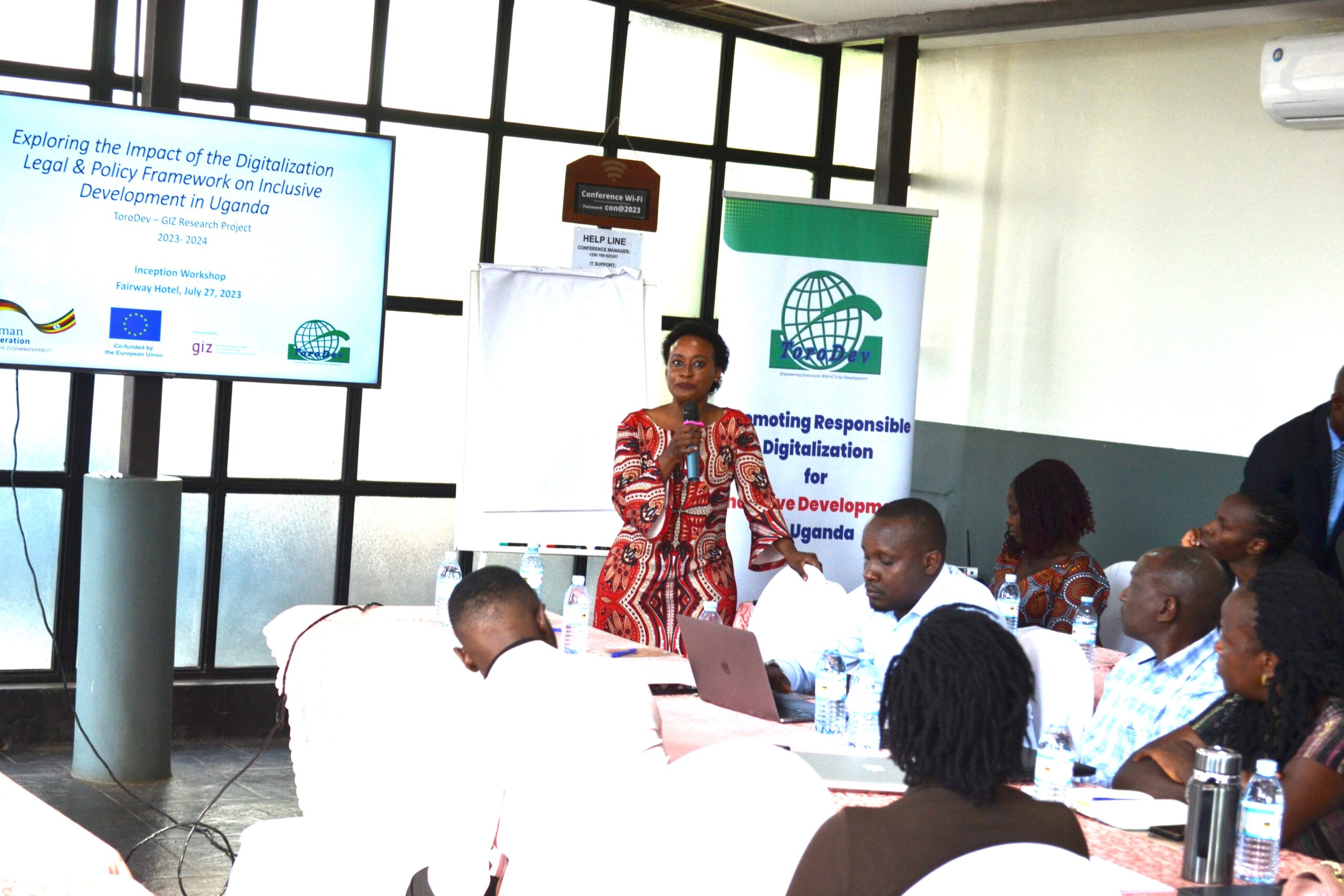The FIFAfrica 2019 was held in Addis Ababa between 23rd -26th September 2019. Before the official FIFAfrica 2019 opening ceremony on 25th September 2019, there were pre-session arrangements including training in Internet Freedom and Universal Periodic Review (UPRoar) where Toro Development Network was represented by the Strategic Partnerships and Communications Officer, David Kugonza.
The UPRoar training was organized by Collaboration on International ICT Policy for East and Southern Africa (CIPESA) and had participation of civil society representatives, journalists, lawyers, bloggers among others doing their work in promoting Human Rights from their respective countries.


Participants of the UPR training during a session
Universal Periodic Review (UPR) is an Assessment of a Country’s Human Rights that happens every four and a half years for every state. Every United Nations (UN) member state has it’s human rights record assessed and all member states are involved in the review process. Human Rights Council (HRC) make submissions at the UN Assembly from Countries which result into Country’s recommendation for action.
The UPRoar training aimed at building capacity, increasing participation and encouraging collaboration among actors in human rights network and also increasing participation by African civil society in the UPR process where the work of human rights actors would be increased especially that which promote internet freedom through the UPR. It also aimed at increasing awareness among organizations on the cycle periods and opportunities to make submissions or statements, improve the capacity of actors to make submissions focusing on knowledge and skills at fronting interventions in research, training and support for African civil society to deliver stakeholders submissions on digital rights and offline rights.

Participants during a group work discussion
UPR creates space where governments can listen to issues from other states, provides solutions and strategies on Human Rights issues to states, creates a platform for other CSO’s to get involved, influences policy and legislation, collaboration and network building, etc.
About twenty five (25) participants from different work based organisations and states got knowledge and skills to prepare and make recommendations, present recommendations to other actors or states as a way of lobbying for support on human rights issue affecting the state/country. All these were done in a participatory approach through role plays aimed at equipping participants with enough skills to stand on behalf of other marginalized categories a case in point is journalists and bloggers who are arbitrary arrested and sometimes imprisoned for exposing people/governments abusing human rights while doing their work but also making participants get familiar to the practice of making recommendations.


Participants doing role plays during the UPR training
At the end of the training, as a participant I realized that UPR had impact especially on digital rights because; It highlights the importance of online rights as essential part of human rights, clarifies that even if only a minority of citizens have access to the internet, that country still has to protect its citizens’ digital rights and improve internet access as part of its obligation to promote the enjoyment of human rights, Highlight gaps in what a government says about digital rights and what it does about them, Help emphasize that everyone’s digital rights should be protected and promoted, Underline that other human rights are affected as a result of digital human rights violations and that UPR act as a way to inspire other human rights campaigns and legal challenges.
After the 2 days intensive training, participants who had completed an online assessment exercise on Introduction to the Universal Periodic Review and Making Impact with the Universal Periodic Review were awarded Certificates of Completion that were acknowledged by Bronwen Robertson, Director of Research and Innovation at SMALL MEDIA who was the main facilitator of the training and Ashnah Kalemera, Programmes Officer, CIPESA at the end of the training.


Participants after being awarded certificates
Meanwhile the official opening ceremony for the FIFA2019 was held on 25th September 2019 and officiated by His Excellence Dr. Getahun Mekuria, Head of the Ministry of Innovation and Technology (MINT) of Ethiopia. In his opening remarks, the minister said internet is now a catalyst for development where governments need to focus and support internet freedom in attaining national priority goals. Dr. Getahum further said that, there is need to engage, involve and empower civil society in digital freedom and internet governance and also make laws as governments that set pace and enable Human Rights activists to enjoy their activism work.
There were a number of sessions during the FIFA 2019 week in Addis Ababa including; discussions on emerging trends and practices in the use, capability and response to Facial recognition technology, promoting digital rights in challenging environments, refugees and digital rights, women’s digital leadership, how internet shutdowns impede the sustainable development goals among others.

H.E Dr. Getahun Mekuria, the Minister of Innovation and Technology (MINT), Ethiopia giving Opening remarks
About four hundred (400) people from over thirty (30) countries from Africa and outside Africa participated in the FIFA2019. At the end of the forum participants wished to see repealed laws from governments on Internet freedom, informed citizenry on Internet government issues, more access and freedom on internet, being more innovative in the way we respond to Human Rights issues on line, improved infrastructure aiding internet freedom and addressing economic challenges in other sectors like energy.

A section of participants listening to opening remarks during FIFA 2019
As a participant also believe that it is our role now to use digital spaces to advance good governance and democracy in our states, advocate for affordability and quality services as citizens, create avenues for engagements between governments, private sector and civil society and learn from insights and forums like these that have worked and bring a new generation of change through awareness creation by being practical in all we are doing including lobbying to initiate favorable laws.
I thank the organizers of this event, partners and all those that supported to see that this event become a success especially CIPESA, MINT, FORD FOUNDATION, OPEN TECHNOLOGY FUND, SMALL MEDIA, APC, THE OPEN SOCIETY INITIATIVE FOR EAST AFRICA, UNESCO, ICT4DEM,etc
